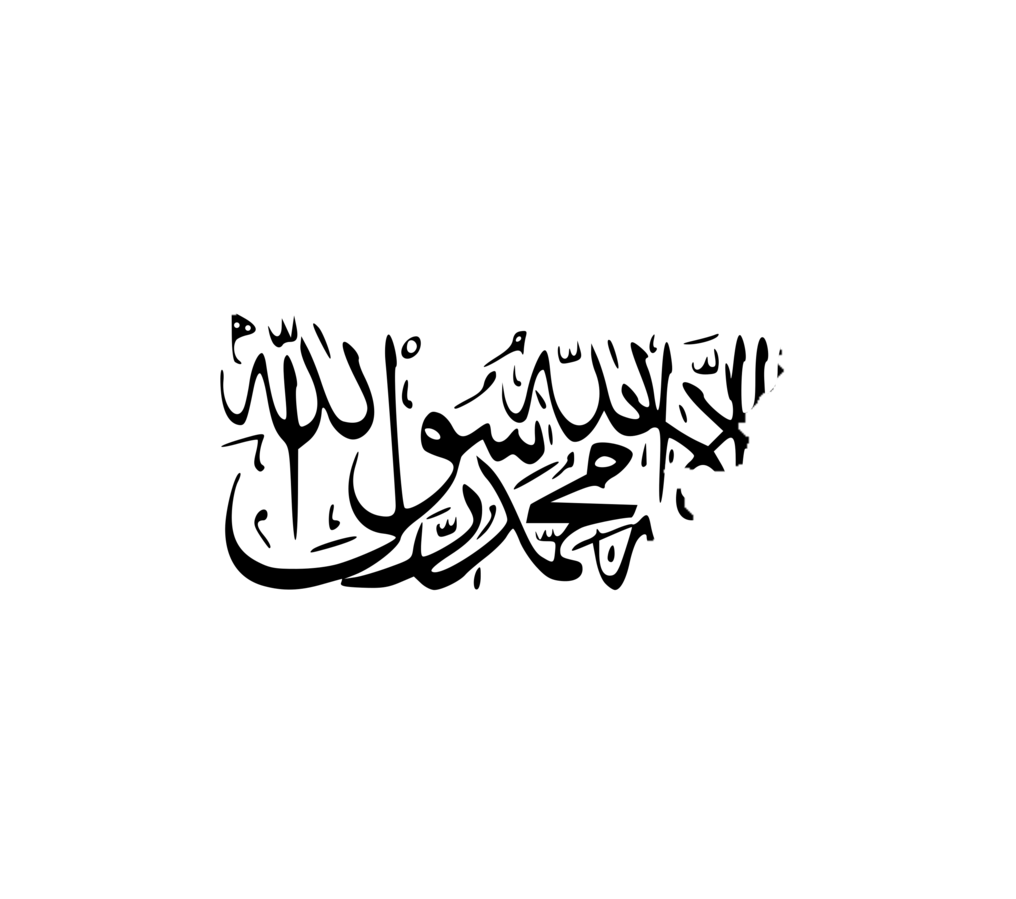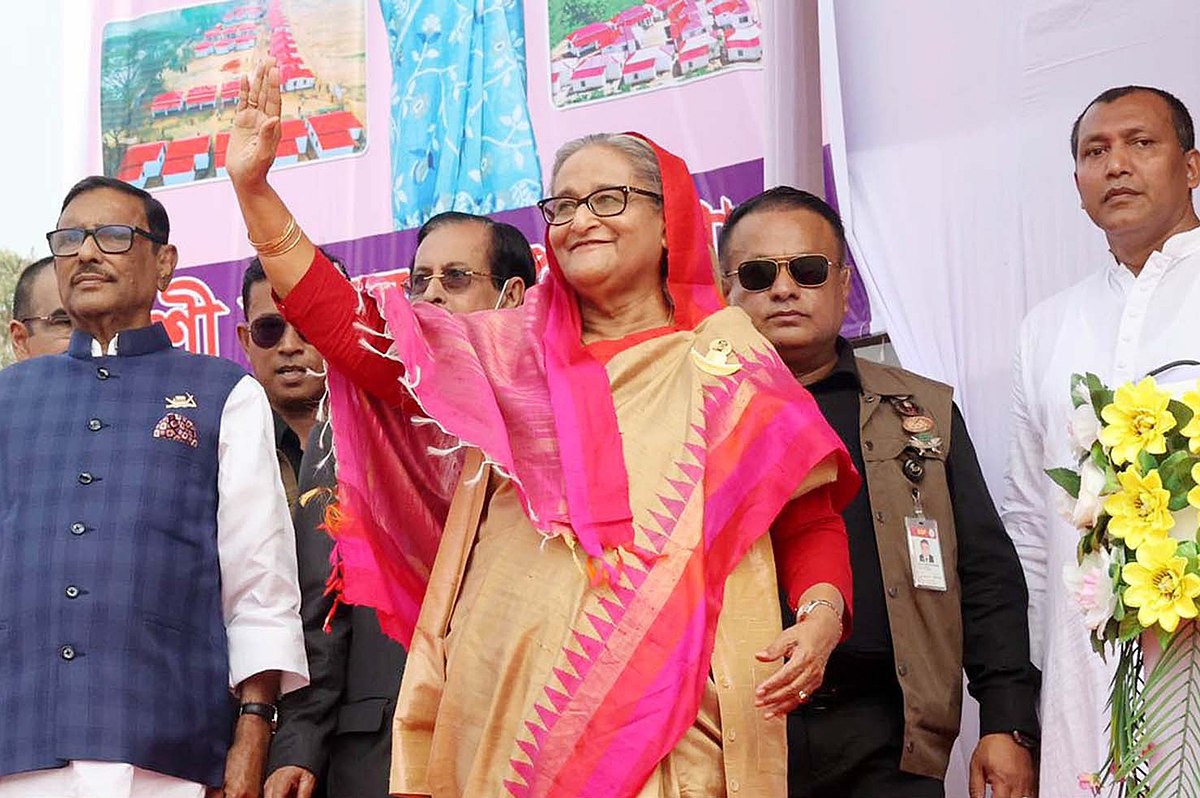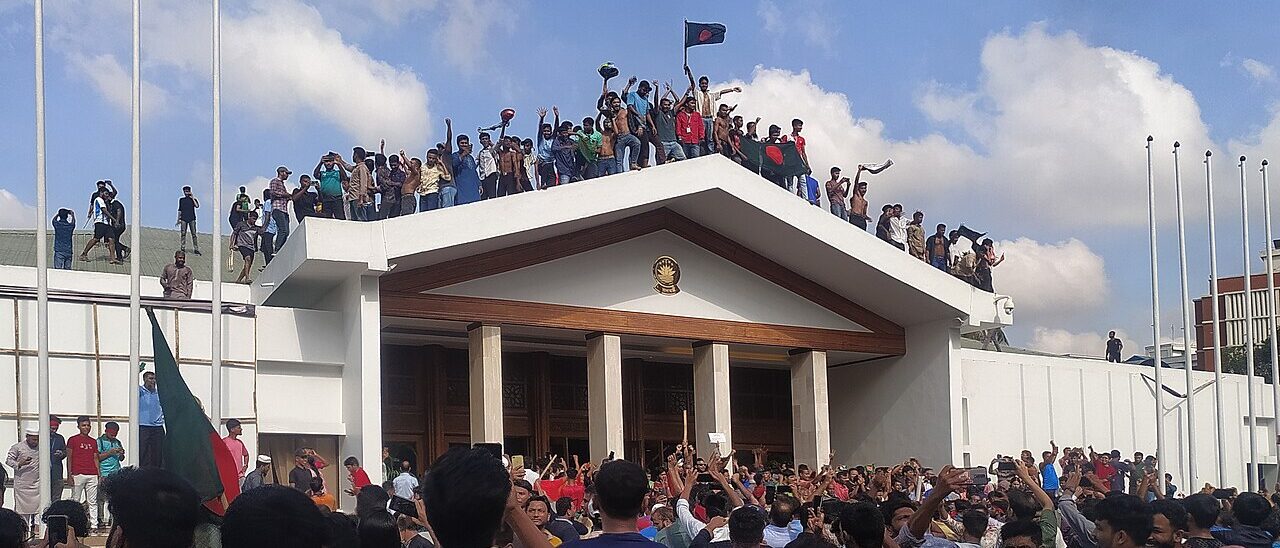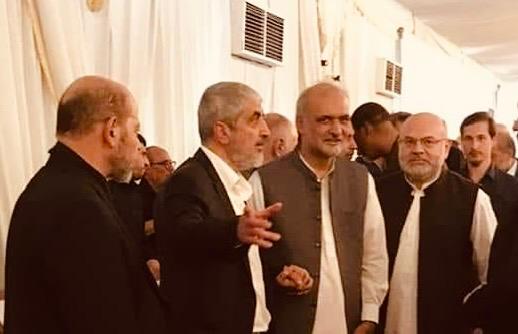This is a summary of the original article by Umer Karim that may be found here
Since the Taliban’s takeover of Afghanistan’s capital city and major urban centers over a year ago, Gulf states have approached the situation cautiously but maintained communication with the Taliban regime. Qatar had hosted a Taliban representative office at the request of the US government and became the center for engagement and negotiations between the Taliban and the US.
It appeared that Qatar had the most influence among the Gulf states, with its interlocuters playing a key role in evacuating more than 43,000 people from Afghanistan and coordinating with the Taliban to keep the Kabul airport open. Meanwhile, the UAE and Saudi Arabia participated in the airlift operations, but did not have the same level of communication with the Taliban. Abu Dhabi’s decision to grant humanitarian asylum to the former Afghan President Ashraf Ghani was not well-received by the Taliban, while Riyadh stressed the need for an inclusive government and the preservation of women’s rights.
However, Qatar has not been able to fully solidify its political linkages with the Taliban, partly due to the Taliban regime’s efforts to balance various regional stakeholders and protect Afghanistan’s sovereignty. Negotiations between the Taliban and regional stakeholders for the administration of Afghanistan’s airports have become a source of contention. Turkey initially negotiated with the Taliban for the operation of the Kabul airport, but talks failed due to Turkish demands for special security zones administered solely by Turkish military contractors, which would have compromised Afghanistan’s sovereignty. An offer from Abu Dhabi-based GAAC Solutions, which had been granted a $47 million contract by the previous Afghan government, was more appealing to the Taliban as it met their sovereignty concerns and improved ties with the UAE.
The airport contract and the Taliban’s ban on girls attending secondary schools and universities have strained their relationship with Qatar, as the Taliban’s more rigid Shura Council, led by Mullah Haibatullah Akhundzada, has become more influential over the pragmatic elements of the group who were involved in the Doha negotiations. As a result, Qatar has reduced its engagement with the Taliban, leading to an increase in engagement between the Taliban and the UAE. The first official visit of the Taliban’s acting defense minister and a member of the Haqqani faction to Abu Dhabi in December 2022 indicates the UAE’s intention to cultivate its influence and maintain communication with the Taliban.
The UAE has a history of supporting the Afghan republic and hosting negotiations between the Taliban and the US. Despite the UAE’s condemnation of a Taliban attack that killed its ambassador and five other diplomats in 2017, the UAE has continued its engagement with various stakeholders and expressed goodwill towards the new rulers of Afghanistan. The UAE wants to keep communication open with the Taliban and cultivate influence with the younger, more moderate members of the movement. This shift in UAE-Taliban relations is part of the UAE’s pragmatic foreign policy and its desire to retain political relevance in the Afghan conflict.
The views expressed herein may not necessarily reflect the views of JI FAD and/or any of its affiliates






